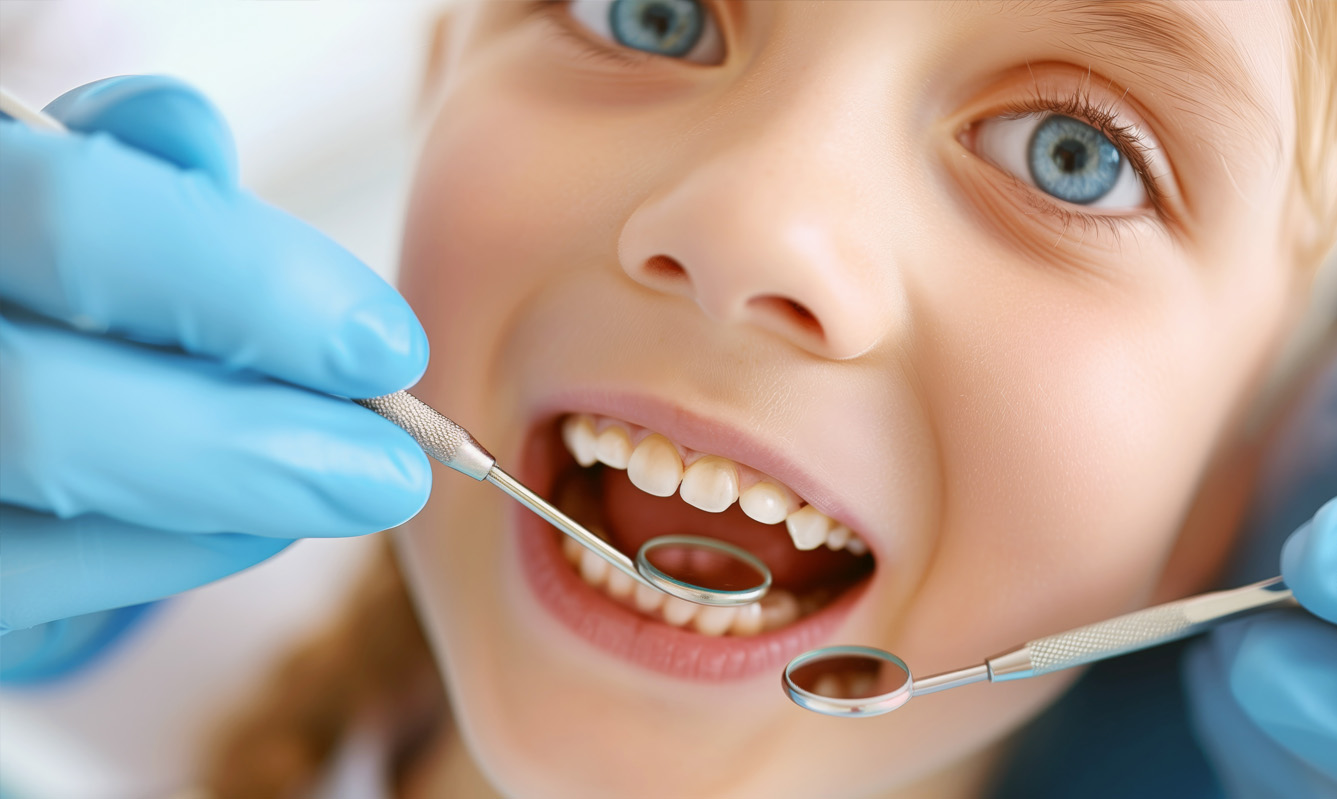Early orthodontic screening makes identifying potential dental issues in children possible before they develop into more serious problems. By conducting early screening orthodontists can spot irregularities in teeth and jaw development while they’re still forming, finding easier ways to address any concerns and focus on the prevention of complex dental problems later on. Early screening allows children to receive the best possible care during their most formative years, ensuring optimal oral health and function as they grow.
Ideal Age for Screening
The ideal age for orthodontic screening is around age seven. At this stage, children reach key developmental milestones, such as the emergence of their first permanent molars and incisors. Early intervention permits orthodontists to examine and treat any abnormalities in tooth alignment or jaw growth at an age where the child’s bones are still malleable. Early identification and treatment of issues can help minimize the need for more invasive treatments over time and produce a smoother and more effective orthodontic process.
Long-Term Benefits
The numerous long-term benefits of early orthodontic screening leads not only to health improvements but substantial cost savings for parents. Early detection and treatment of dental issues often reduces problems before they escalate thus requiring less extensive future treatments. In addition, there is an increased likelihood that future health complications, such as speech difficulties, chewing problems and gum disease may be prevented. Prioritizing early screening can be greatly beneficial for children, as it is associated with improved oral health, enhanced self-esteem and safeguards an overall better quality of life as they mature into adulthood.
